
Living a frugal and sustainable lifestyle is becoming increasingly important. One area where we can reduce waste and save money is in our household cleaning products, such as dishwasher detergent. By making your own dishwasher detergent using UK ingredients, you can not only save money in the long run, but also reduce packaging waste and avoid harmful chemicals.
Many shop-bought dishwasher detergents come in large, plastic packaging that often ends up in landfill. By using homemade dishwasher detergent, you can eliminate this packaging waste altogether. Additionally, you have full control over the ingredients used, ensuring that your detergent is free from harsh chemicals and more environmentally friendly.
One easy and cost-effective method for making your own dishwasher detergent is by using common household ingredients like baking soda, sodium percarbonate, and borax. Baking soda is a natural cleaner and deodorizer, while sodium percarbonate acts as an oxygen bleach. Borax is an all-purpose cleaner and can aid in getting rid of tough stains. By combining these ingredients in the right amounts, you can achieve sparkling clean dishes without the need for expensive and harmful commercial detergents.
Here’s a simple recipe for homemade dishwasher detergent:
Ingredients:
- 2 cups baking soda
- 2 cups sodium percarbonate
- 2 cups borax
Start by mixing all the ingredients together in a bowl. You can then store the mixture in an airtight container or even in ice cube trays for easy portion control. When it’s time to wash your dishes, simply add one tablespoon of the homemade detergent to the dishwasher detergent tray or directly into the bottom of the dishwasher if you don’t have a tray. For an extra boost, you can also add a few drops of natural antibacterial essential oil, such as tea tree or lemon, to the mixture.
It’s important to note that homemade dishwasher detergent may not produce suds like commercial detergents, but it will still effectively clean your dishes. If you want to achieve spotless and streak-free dishes, you can use white vinegar as a rinse aid. Simply pour a small amount of white vinegar into the rinse aid compartment or a dishwasher-safe container on the top rack of your dishwasher. The vinegar will help to remove any residue and leave your dishes sparkling clean.
By opting for homemade dishwasher detergent, you not only save money, but also reduce your environmental impact. With just a few basic ingredients that are easy to find in the UK, you can enjoy clean and sparkling dishes while also contributing to a more sustainable future. So, why not give it a try and see the difference for yourself?
Gather UK Ingredients for Homemade Dishwasher Detergent
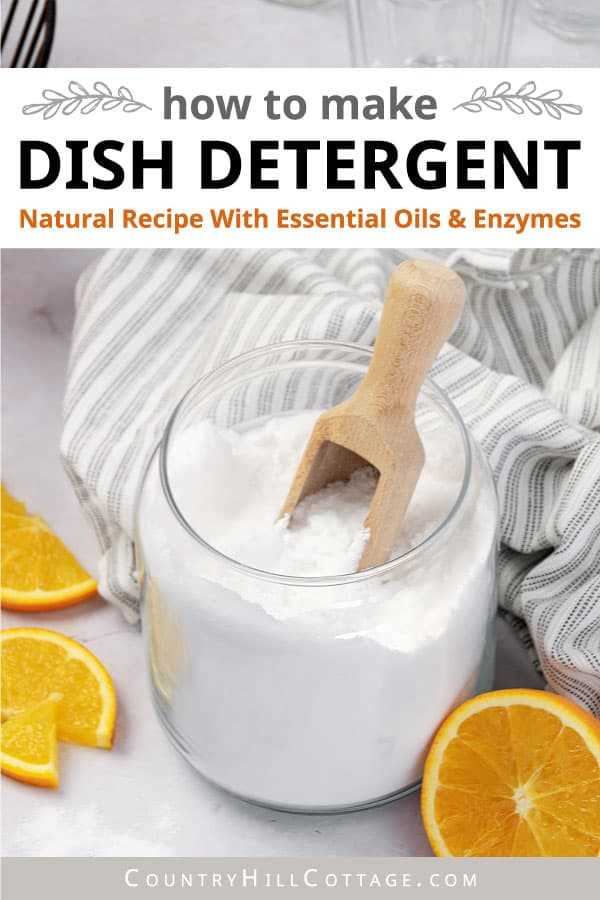
If you’re looking to make your own dishwasher detergent using UK ingredients, you’re in luck! There are a few key ingredients that you can easily find at your local stores or online.
One of the main ingredients you’ll need is baking soda. This versatile ingredient is not only great for baking, but it also has excellent cleaning properties. Baking soda helps to remove tough stains and odors from your dishes without being harsh on your hands or the environment.
Vinegar is another essential ingredient that you’ll want to gather. Vinegar is known for its natural cleaning properties and can help to remove grease and stains from your dishes. It also helps to leave your glassware sparkling and streak-free.
Apart from baking soda and vinegar, there are a few other ingredients that you may want to consider. Oxygen-based bleach can help to remove tough stains, while salt can act as a natural abrasive to help scrub away debris.
It’s worth noting that there are many homemade dishwasher detergent recipes available online, so you can experiment with different combinations of these ingredients to find what works best for you. Some recipes may call for additional materials like lemon juice, essential oils for a pleasant smell, or even citric acid for an extra cleaning boost.
When it comes to making your own dishwasher detergent, it’s important to follow instructions carefully. Some recipes may require you to mix the ingredients together and store them in a jar or container. Others may involve creating dry tabs or even using paper packaging to reduce waste.
One tip to keep in mind is that homemade dishwasher detergent may not be as concentrated as store-bought options. So, you may need to use a little more of the homemade version per load. However, the overall cost will likely be less, and you’ll have the satisfaction of knowing that you’re using a toxic-free, zero-waste alternative.
In conclusion, gathering UK ingredients for homemade dishwasher detergent is a great way to save money and reduce your environmental impact. With just a few simple ingredients like baking soda, vinegar, and salt, you can create a perfectly effective cleaning solution for your dishes. So, why not give it a try and say hello to sparkling clean dishes without the chemicals?
Simple Recipe to Make Homemade Dishwasher Detergent
If you’re looking to keep your dishwasher sparkling clean, why not try making your own homemade dishwasher detergent? It’s a simple DIY project that can save you money in the long run. Plus, you’ll have the satisfaction of knowing exactly what ingredients are going into your dishwasher cleaner.
Here’s a simple recipe to get you started:
- Ingredients you’ll need:
- 1 cup of baking soda
- 1 cup of citric acid
- ½ cup of salt
- Method:
- Mix all the ingredients together in a bowl. Make sure to remove any clumps.
- Store the mixture in an airtight container.
When using your homemade dishwasher detergent, there are a few tips to keep in mind:
- Before using the detergent, make sure to scrape off any excess food from your dishes.
- Use the recommended amount of detergent as specified in your dishwasher’s user manual.
- If you have hard water, you may need to increase the amount of detergent slightly.
- For severely dirty dishes or pots and pans, pre-soak them in hot water before running them through the dishwasher.
One of the advantages of making your own dishwasher detergent is that you can create a more sustainable and environmentally-friendly cleaning solution. Many shop-bought dishwasher detergents contain harsh chemicals that can be damaging to our homes and the environment. By making your own detergent, you can be sure to use natural and eco-friendly ingredients.
Another benefit of DIY dishwasher detergent is the cost savings. The ingredients used in this recipe are usually readily available in most homes, so you won’t have to spend money on expensive store-bought cleaners. Plus, you can make a large batch of detergent at once, which will last you for a long time.
In the next blog posts, we’ll be sharing related tips and tricks on how to make your own antibacterial dishwasher detergent and how to use essential oils to add a fresh scent to your homemade dishwasher cleaner. So, stay tuned for more DIY dishwasher cleaning tips!
Benefits of Using Homemade Dishwasher Detergent
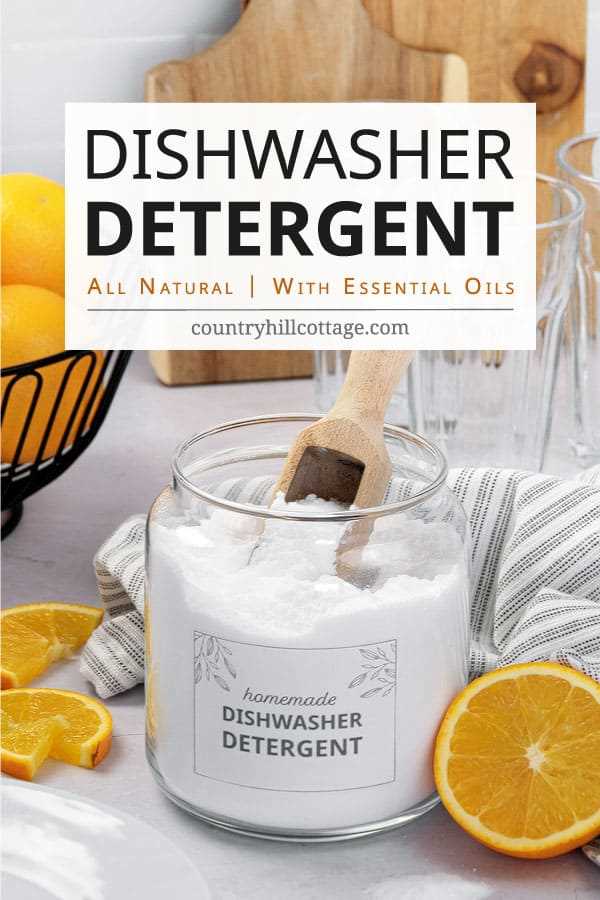
There are several benefits to using homemade dishwasher detergent over store-bought alternatives. Making your own detergent allows you to have better control over the ingredients used and the effects they have on your dishes. With the right recipe, you can thoroughly clean your dishes without the need for harsh chemicals.
Here are some key benefits of using homemade dishwasher detergent:
- Cost savings: Making your own dishwasher detergent can save you money in the long run. The ingredients required to make the detergent are often inexpensive and easy to find in the UK.
- Environmentally friendly: Homemade dishwasher detergent allows you to reduce waste by reusing containers and minimizing the use of single-use plastic.
- Control over ingredients: By making your own detergent, you have full control over the ingredients used. You can choose to avoid harsh chemicals, such as bleach, that may damage your dishwasher or leave residue on your dishes.
- Effective cleaning: With the right recipe, homemade dishwasher detergent can be just as effective as store-bought options in removing tough stains and leaving your dishes sparkling clean.
- Frugal living: Making your own dishwasher detergent is a great way to embrace a frugal lifestyle and reduce your household expenses.
When making your own dishwasher detergent, be sure to follow the recommended recipes and tips carefully for the best results. Measure the ingredients accurately and mix them thoroughly to ensure the detergent is effective.
Here is an example recipe for homemade dishwasher detergent using UK ingredients:
| Ingredients | Step | Amount |
|---|---|---|
| Baking soda | Step 1 | 1 cup |
| Citrus juice (lemon, lime, or orange) | Step 2 | 1/2 cup |
| Salt | Step 3 | 1/2 cup |
| Vinegar | Step 4 | 1/4 cup |
Instructions:
- Mix all the ingredients together in a bowl until well combined.
- Transfer the mixture to an ice cube tray or a silicone mold to create individual tablets.
- Allow the tablets to dry and harden for 24-48 hours.
- Once fully hardened, remove the tablets from the tray and store them in an airtight container.
Using these homemade tablets in your dishwasher is as simple as using store-bought ones. Just place one tablet in the designated compartment of your dishwasher before each wash cycle. The tablet will dissolve and aid in the cleaning process, leaving your dishes spotless.
There are many other alternative recipes and methods for making dishwasher detergent, so feel free to explore and find the one that works best for you. It’s certainly worth trying out homemade dishwasher detergent to save money, protect the environment, and achieve clean dishes without harsh chemicals.
Note: If you have a specific dishwasher manufacturer, it’s always recommended to check their instructions or contact them directly to ensure using homemade dishwasher detergent will not void any warranties or cause damage to your dishwasher.
Tips for Using Homemade Dishwasher Detergent Effectively
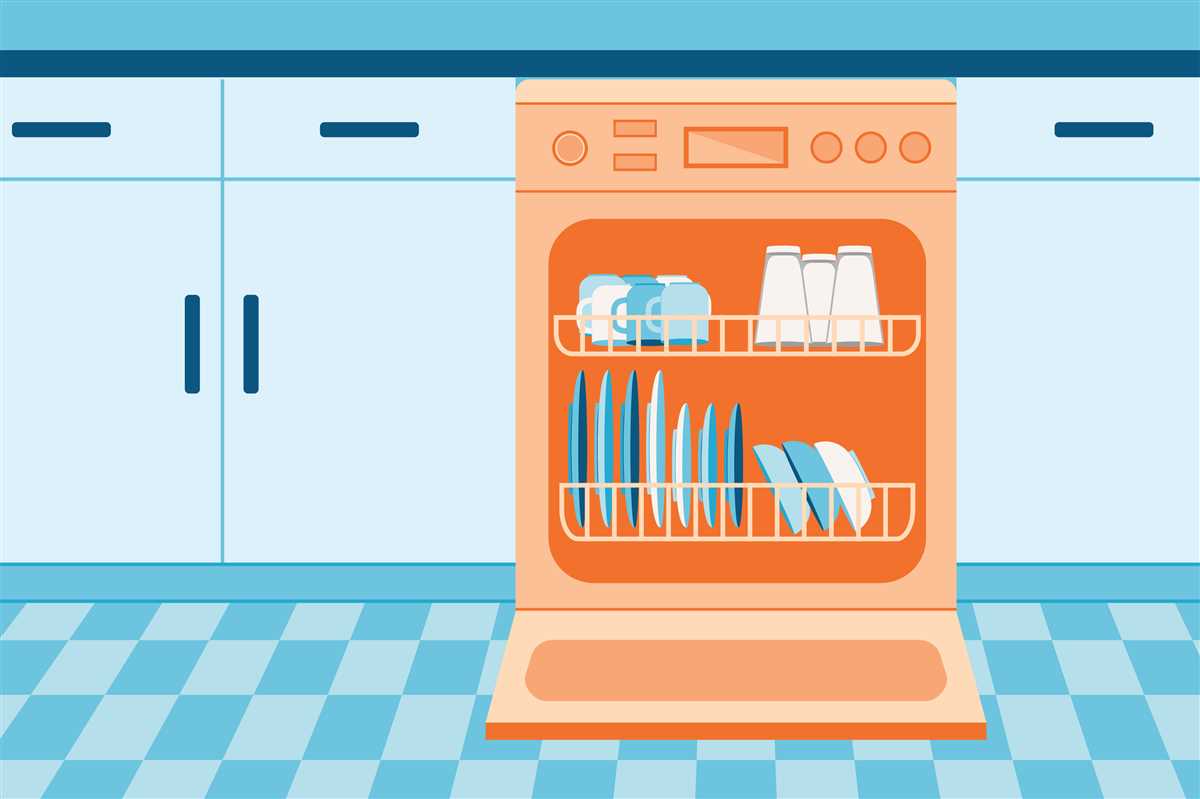
When it comes to using homemade dishwasher detergent, there are a few tips and tricks that can help ensure your dishes come out sparkling clean every time. By following these suggestions, you can maximize the effectiveness of your homemade detergent and make your dishwashing experience more enjoyable.
1. Rinse your dishes well before loading them into the dishwasher
Before placing your dishes in the dishwasher, it’s important to rinse off any excess food particles. This will help prevent clogs and ensure that the detergent can work effectively. Simply give your dishes a quick rinse under running water before placing them in the dishwasher.
2. Use an appropriate amount of homemade detergent
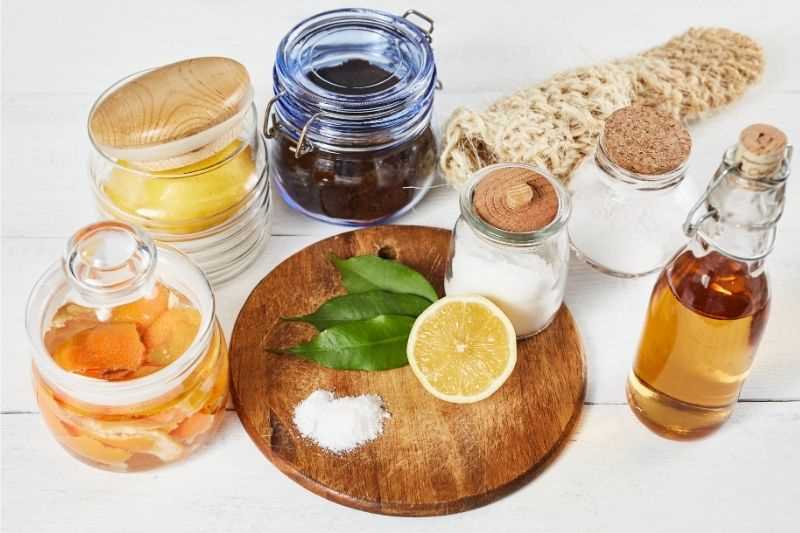
It’s important to use the right amount of homemade detergent for each load. While it may be tempting to use more detergent, thinking it will make your dishes cleaner, using too much can actually result in a film or residue on your dishes. Follow the instructions of your homemade detergent recipe and use the recommended amount for best results.
3. Load the dishwasher properly
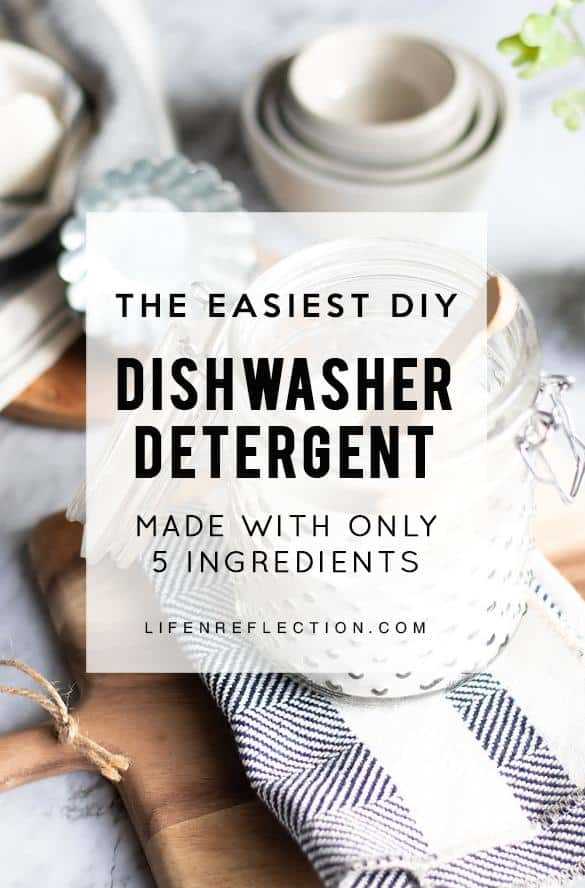
Properly loading your dishwasher is essential for achieving clean dishes. Make sure to place dishes, glasses, and utensils in the appropriate racks and trays, allowing enough space for water and detergent to circulate freely. Avoid overloading the dishwasher, as this can prevent even distribution of the detergent and hinder its cleaning properties.
4. Add white vinegar to the rinse aid tray
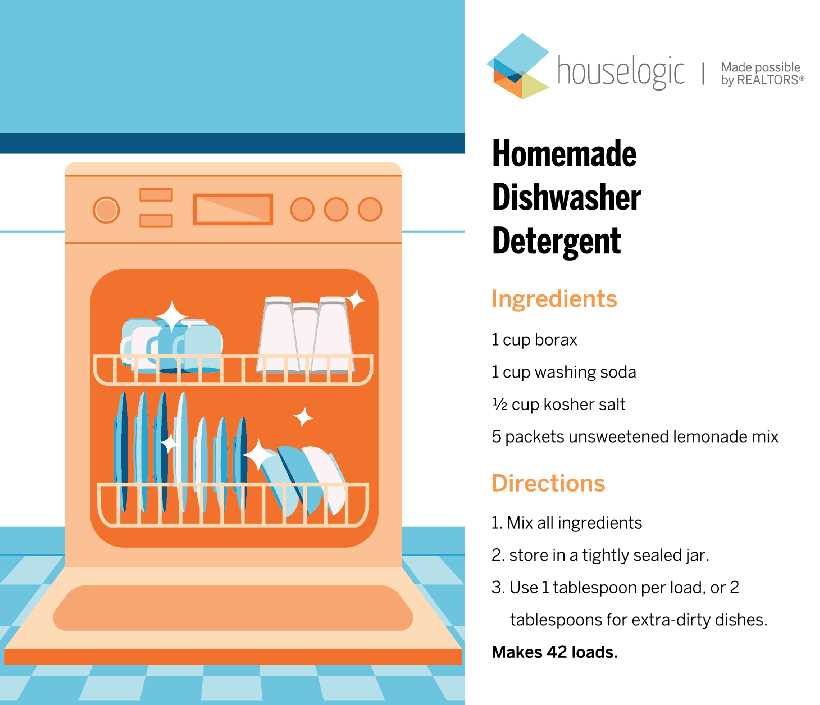
White vinegar is a natural and effective rinses aid that can enhance the cleaning power of your homemade detergent. Simply pour white vinegar into the rinse aid tray of your dishwasher before running a cycle. This will help prevent spots and lend a sparkling shine to your dishes.
5. Keep plastic items on the top rack
Plastic items tend to retain heat and can warp or melt if placed too close to the heating element of the dishwasher. To avoid this, always place plastic items on the top rack, away from the heating element. This will keep your plastic items safe and extend their lifespan.
6. Run your dishwasher on the hottest setting
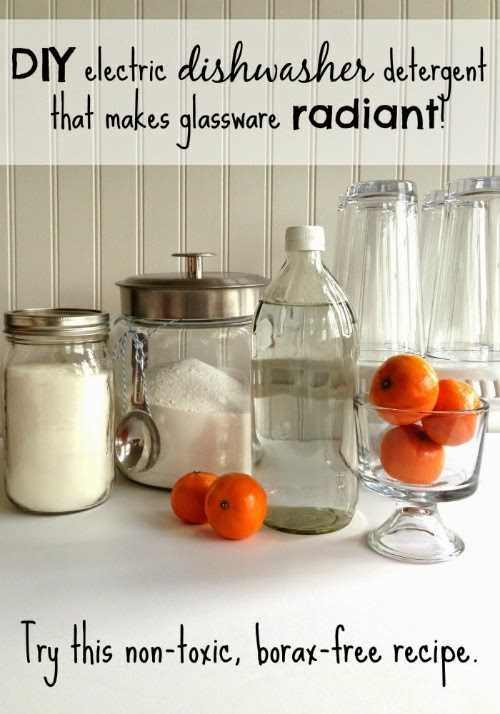
Homemade dishwasher detergents work best when used with hot water. Running your dishwasher on the hottest setting will help activate the cleaning agents in the detergent and ensure a thorough cleaning of your dishes. However, make sure to check any specific instructions provided with your dishwasher to ensure compatibility with hotter water.
7. Keep your dishwasher clean and maintained
A clean dishwasher will help your homemade detergent work more efficiently. Regularly clean the dishwasher’s filter, spray arms, and other components to remove any buildup of food particles and debris. This will prevent clogs and ensure that water and detergent can circulate freely.
8. Experiment with different recipes
Not all homemade dishwasher detergent recipes work the same for everyone. Depending on your water quality, dishwasher brand, and the types of dishes you frequently wash, you may need to experiment with different recipes to find the one that works best for you. Keep trying different combinations and ratios of ingredients until you achieve the desired results.
9. Consider adding citric acid or baking soda
If you’re experiencing stubborn stains or want to boost the cleaning power of your homemade detergent, adding citric acid or baking soda can be helpful. Citric acid is a natural dishwasher additive that helps break down grease and remove stains, and baking soda is a natural deodorizer and cleaner. Sprinkle a small amount of either ingredient on top of your homemade detergent before running a cycle for extra cleaning power.
10. Save money and reduce waste
One of the main advantages of using homemade dishwasher detergent is the cost savings and reduced waste compared to commercial options. By making your own detergent, you can save money and avoid the need for purchasing plastic detergent bottles or pods. Additionally, homemade detergents often utilize natural and non-toxic ingredients, making them a more sustainable choice for a healthier home and environment.
By following these tips and taking the time to experiment with different recipes and techniques, you can enjoy the benefits of homemade dishwasher detergent and achieve sparkling clean dishes without the use of harsh chemicals. So, try out different formulations, adjust your dishwasher settings, and find the best method that works for you and your dishwasher.
What Can You Use Instead of a Dishwasher Tablet?
If you’re looking for alternatives to dishwasher tablets, there are several options you can consider. Whether you’re trying to use more sustainable ingredients or simply don’t have any tablets on hand, these alternatives can help you achieve sparkling clean dishes without relying on store-bought solutions.
1. Vinegar
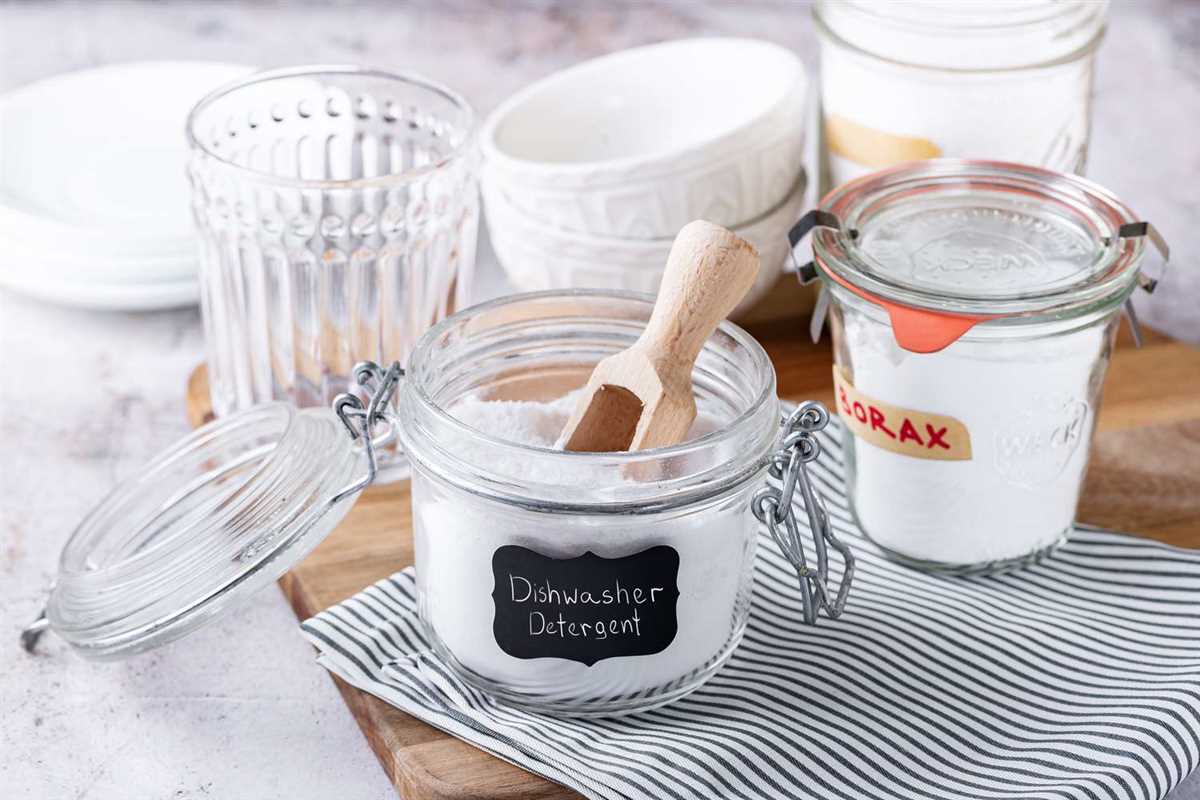
Vinegar is a versatile ingredient that can be used in various cleaning applications, including dishwashing. Its acidic properties make it an effective cleaner, cutting through grease and leaving your dishes sparkling clean. Simply fill your dishwasher’s rinse aid compartment with vinegar as a substitute for dishwasher tablets.
2. Baking Soda
Baking soda is another natural ingredient that can be used in place of dishwasher tablets. Its gentle yet effective properties can help remove stains and odors from your dishes. Sprinkle a small amount of baking soda onto your dishwasher’s detergent compartment before running a cycle to achieve the desired cleaning results.
3. DIY Detergent
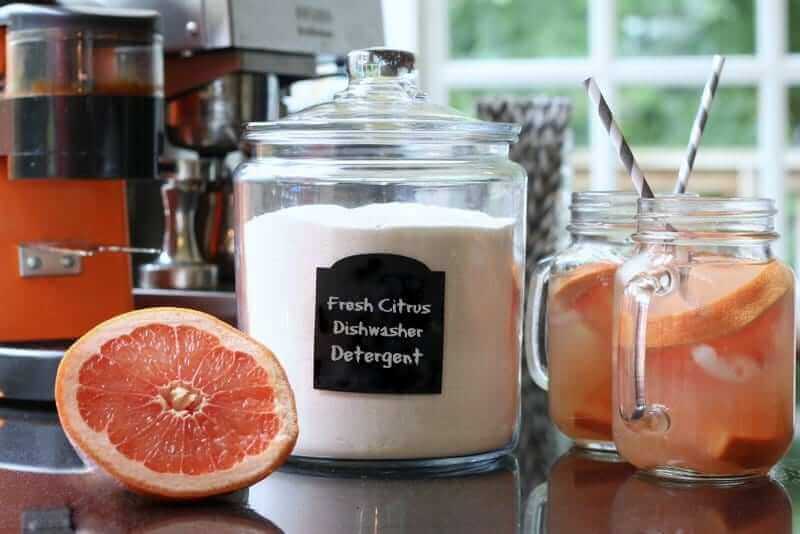
If you’re willing to put in a little more effort, you can also make your own dishwasher detergent using ingredients you may already have at home. A popular DIY recipe includes a mixture of baking soda, borax, and citric acid, which can be combined and used in place of traditional dishwasher tablets.
4. Tea Tree Oil
Tea tree oil has natural antibacterial properties, making it a great addition to homemade dishwasher detergent. By adding a few drops of tea tree oil to your DIY detergent recipe, you can enhance its cleaning power and ensure that your dishes are thoroughly sanitized.
5. Zero Waste Options
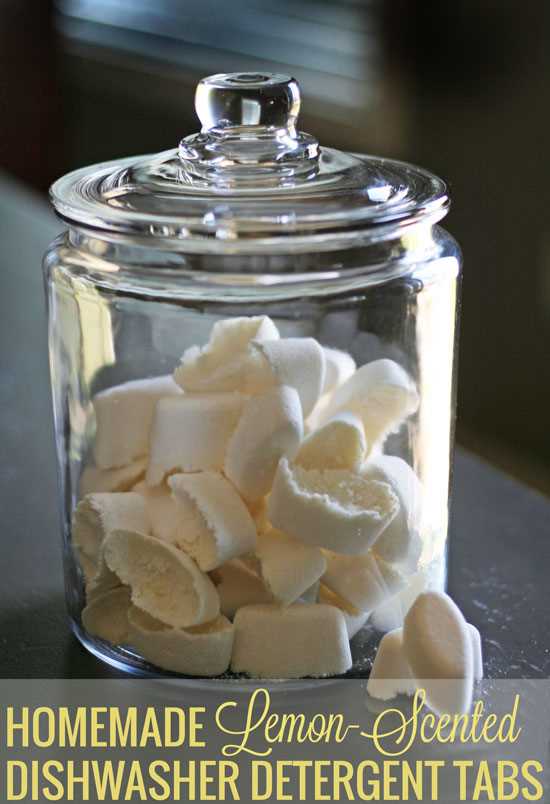
If you’re looking to minimize packaging waste, there are zero waste alternatives available. Some companies sell dishwasher tablets that come in compostable packaging, reducing the environmental impact of your dishwashing routine.
While these alternatives offer a more sustainable and eco-friendly approach to dishwashing, it’s worth noting that they may not provide the same level of cleaning power as shop-bought dishwasher tablets. Additionally, some dishwashers may require specific dosage and settings for these alternatives to work effectively.
Before making the switch, it’s best to experiment with different alternatives and find the one that works best for you. Whether you choose to use vinegar, baking soda, DIY detergent, or zero waste options, making your own dishwasher detergent can save resources, reduce chemical exposure, and ultimately, help you enjoy sparkling clean dishes.
FAQ
What ingredients do I need to make DIY dishwasher detergent?
To make DIY dishwasher detergent, you will need baking soda, citric acid, salt, and dish soap.
Where can I find these ingredients in the UK?
You can find baking soda, citric acid, salt, and dish soap in most supermarkets or online stores in the UK.
How do I make DIY dishwasher tablets?
To make DIY dishwasher tablets, mix together 1 cup of baking soda, 1 cup of citric acid, 1 cup of salt, and ½ cup of dish soap. Form the mixture into tablet shapes and let them dry for a few hours.
Can I add essential oils to the DIY dishwasher detergent for a pleasant scent?
Yes, you can add a few drops of essential oils to the DIY dishwasher detergent to add a pleasant scent to your dishes.
How effective is DIY dishwasher detergent compared to store-bought ones?
DIY dishwasher detergent can be just as effective as store-bought ones in cleaning your dishes, but the results may vary depending on the specific recipe and your dishwasher.
Is DIY dishwasher detergent cost-effective?
Yes, DIY dishwasher detergent can be cost-effective as the ingredients used are often cheaper than buying store-bought dishwasher detergents.
Are there any tips to ensure sparkling clean dishes with DIY dishwasher detergent?
To ensure sparkling clean dishes with DIY dishwasher detergent, make sure to scrape off any excess food before loading the dishwasher, use hot water for better cleaning, and run a rinse cycle if necessary.











